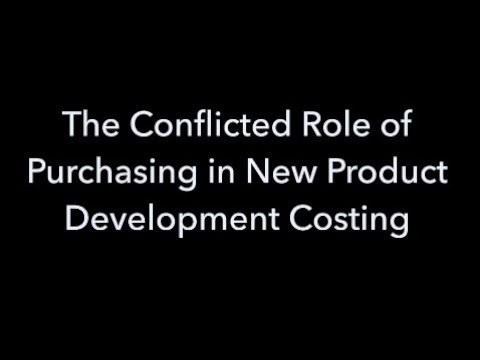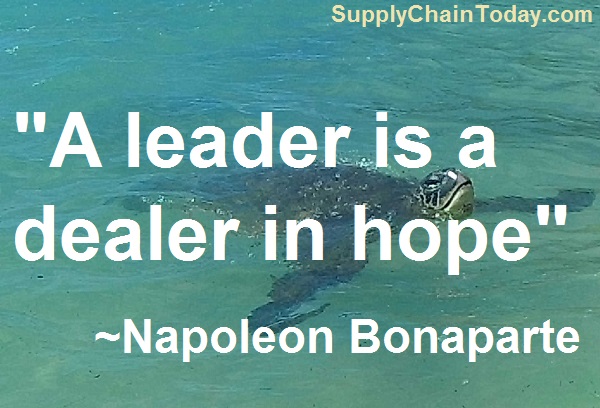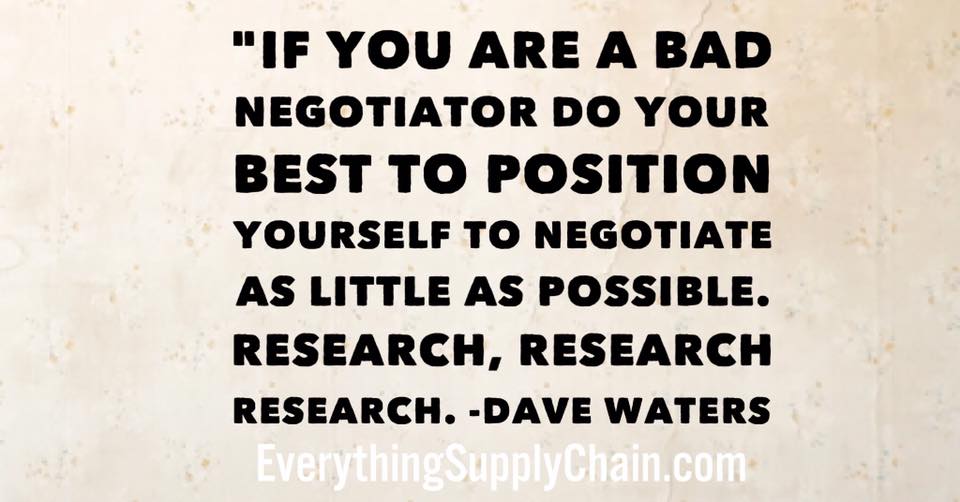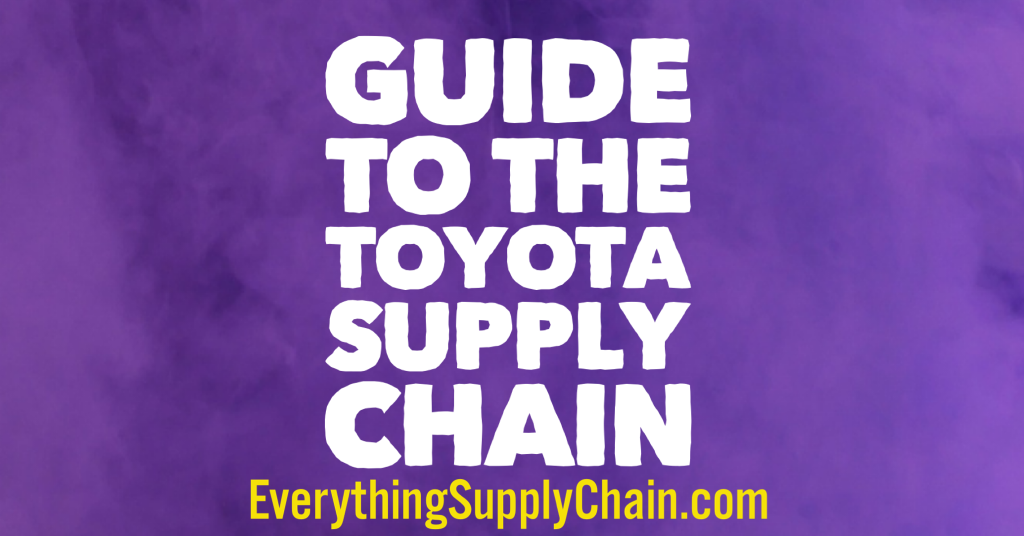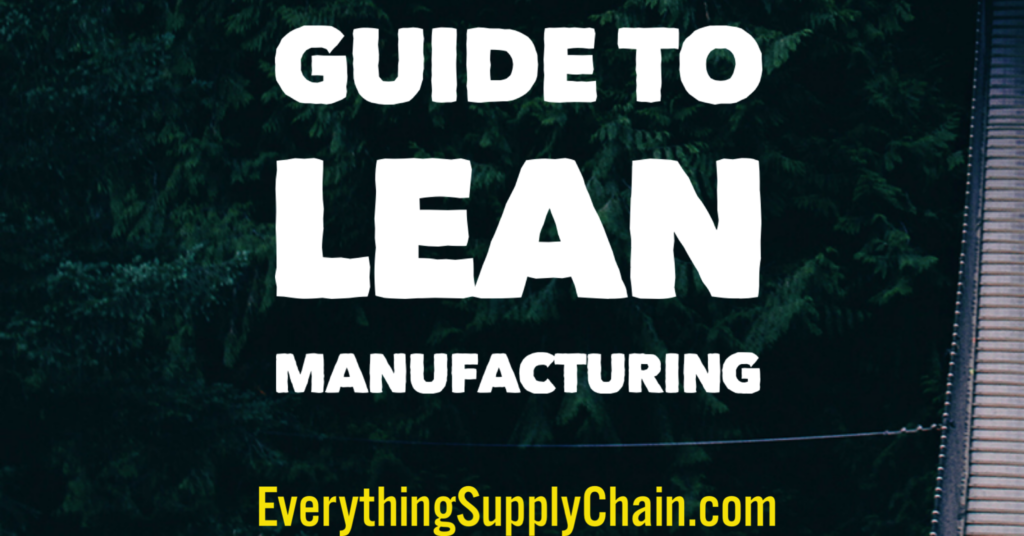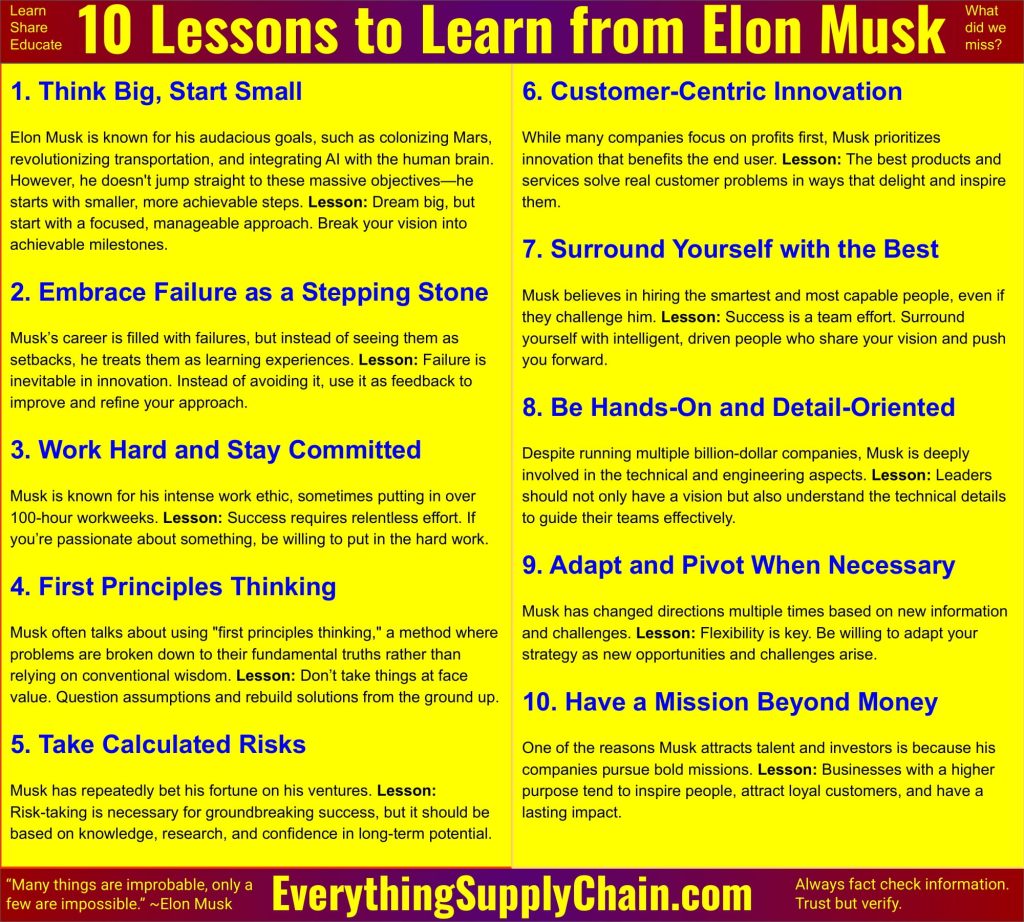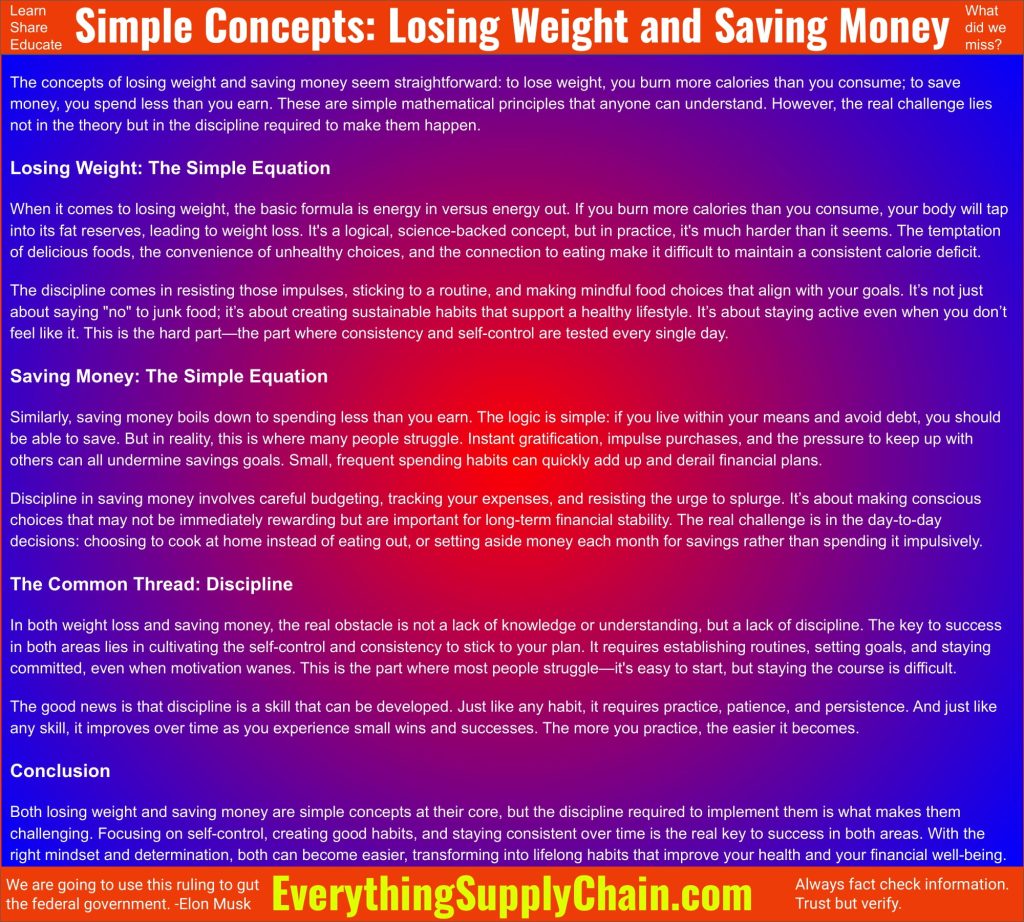PROCUREMENT MANAGER Interview Questions And Answers
PROCUREMENT MANAGER Interview Questions And Answers
Great video on Procurement Manager interview questions. Even if you aren’t interviewing for a procurement manager this is a good video to watch to see where you may want to improve your skillset.
Preparing for a Procurement Manager Interview
1. Understand the Role
- Key Responsibilities: Be clear about the main duties, including sourcing suppliers, negotiating contracts, managing vendor relationships, ensuring compliance, and optimizing procurement processes.
- Skills Required: Highlight skills such as strategic sourcing, negotiation, contract management, supplier evaluation, and data analysis.
2. Research the Company
- Company Background: Learn about the company’s history, mission, values, and recent news.
- Procurement Practices: Understand the company’s procurement strategy and any specific challenges they face. This can often be found in annual reports or industry news.
3. Common Interview Questions and How to Answer Them
- Can you describe your experience with procurement and supply chain management?
- Answer: Outline specific experiences, emphasizing your roles in sourcing, negotiation, and supplier management. Use examples to demonstrate your successes and skills.
- How do you approach supplier selection and evaluation?
- Answer: Explain your criteria for evaluating suppliers, such as cost, quality, reliability, and compliance. Discuss any tools or methods you use for assessment.
- Describe a time when you had to negotiate a contract. What was your strategy and the outcome?
- Answer: Provide a detailed example showcasing your negotiation skills. Highlight your preparation, negotiation tactics, and how you achieved a favorable outcome.
- How do you manage and resolve conflicts with suppliers?
- Answer: Discuss your approach to conflict resolution, emphasizing communication, problem-solving, and maintaining professional relationships. Provide examples of past conflicts and their resolutions.
- What strategies do you use to ensure compliance with procurement policies and regulations?
- Answer: Talk about how you stay updated with regulations, implement best practices, and monitor compliance within your team or organization.
- Can you provide an example of how you’ve improved a procurement process?
- Answer: Share a specific example where you identified inefficiencies, implemented changes, and the positive impact it had on the procurement process.
- How do you stay informed about market trends and supplier innovations?
- Answer: Describe how you keep up with industry news, attend conferences, and network with peers to stay informed about trends and innovations.
- How do you prioritize your tasks and manage time effectively in a fast-paced environment?
- Answer: Discuss your time management strategies, such as prioritization techniques, using tools or software, and handling multiple tasks efficiently.
4. Demonstrate Key Competencies
- Analytical Skills: Be prepared to discuss how you use data and analytics to make informed decisions and improve procurement processes.
- Communication Skills: Show your ability to communicate effectively with suppliers, stakeholders, and team members.
- Leadership: If applicable, highlight your experience in leading a procurement team, managing projects, and driving performance.
5. Prepare Questions for the Interviewer
- Questions About the Role: Ask about specific procurement challenges the company is facing, expectations for the role, and team dynamics.
- Company Culture: Inquire about the company’s values, culture, and how procurement aligns with overall business goals.
6. Review Your Resume and Achievements
- Be Ready to Discuss: Be prepared to talk about your achievements, including specific examples of cost savings, process improvements, or successful negotiations.
7. Practice Common Scenarios
- Mock Interviews: Practice answering questions with a friend or mentor. Focus on clarity, conciseness, and relevance in your responses.
By following these steps, you’ll be well-prepared to demonstrate your qualifications, experience, and fit for the Procurement Manager role. Good luck with your interview!
Procurement and Negotiation Quotes
- “I want women to get paid more. I want to teach them to negotiate so they get paid more.” ~ Sheryl Sandberg
- “If you are good enough to compete for a top-level corporate job, you should be smart enough to know what the job pays the other gender and negotiate accordingly. If you are an employer, and you don’t pay an employee market wages, regardless of gender or orientation, you will end up with what you deserve.” ~Mark Cuban
- “The most difficult thing in any negotiation, almost, is making sure that you strip it of the emotion and deal with the facts.” ~Howard Baker
- “A negotiator should observe everything. You must be part Sherlock Holmes, part Sigmund Freud.” ~ Victor Kiam
- “A well trained procurement organization can add major dollars to the organization through cost savings.” ~Dave Waters
- “If you are planning on doing business with someone again, don’t be too tough in the negotiations. If you’re going to skin a cat, don’t keep it as a house cat.” ~Marvin Levin
- “The single and most dangerous word to be spoken in business is no. The second most dangerous word is yes. It is possible to avoid saying either.” ~Lois Wyse
- “Negotiation is not a policy. It’s a technique. It’s something you use when it’s to your advantage, and something that you don’t use when it’s not to your advantage.” ~John Bolton
Purchasing Training
- B2B Purchasing Negotiation Five Strategies to Reduce Vendor Prices.
- Buy it: Managing Supply.
- Get a Job in SCM.
- Negotiation Skills: 3 Simple Tips.
- Negotiation Skills Top 10 Tips. 11 minute video.
- Procurement supplier selection process (10 minute video).
- Procurement Training, Purchasing Training, Supply Chain Management Training.
- PURCHASING Interview Questions & Answers!
- Science Of Persuasion (11 minute video).
- Strategic Sourcing Plan (10 Minute video).
- Supplier Relationship Management Best Practices with David Wohler (6 minute video).
- Supplier Selection and Supply Chain Management.
- Supply Chain Collaboration on Social Media.
- Supply Chain Top Companies.
- The Purchasing Process.
- What is Supply Chain Management, and should you major in it?
